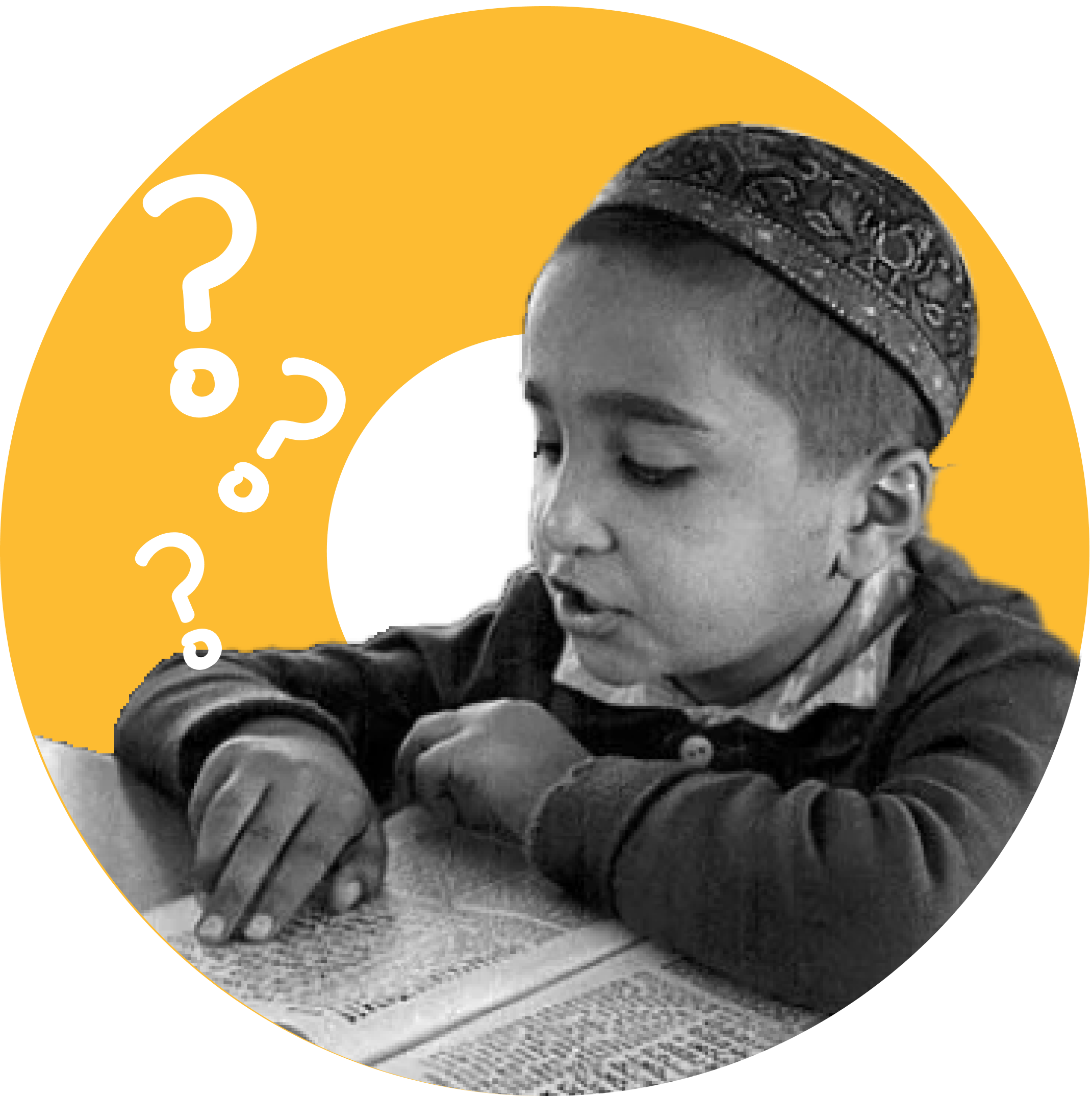The mitzva to “Love your fellow as yourself” applies to every fellow Jew, including a convert. In addition, the Torah includes a special mitzva to love the convert, as it says (Deuteronomy 10:19), “Love the ger.” (The word ger is generally translated “stranger,” but Jewish tradition understands it to refer to a “convert.”) Similarly, as we saw above, the Torah prohibits hurting any Jew, as we read, “Do not wrong one another” (Leviticus 25:17). It also specifically prohibits hurting a convert, as we read, “You shall not wrong a ger” (Exodus 22:20).
Showing extra love for converts makes sense, since they relinquished their previous identity and joined the Jewish people of their own free will. Furthermore, it makes sense to be extra careful not to hurt them, as they lack the feeling of security in their natural surroundings. If people are not especially vigilant to treat converts respectfully, there is real concern someone may hurt them without realizing it. Due to their vulnerability, they may well feel great pain even if no one meant harm, but they may not have the courage to confront the offender and resolve things. All this explains the Torah’s extra commandment to avoid causing a convert distress.
The extra love we must feel for converts should be expressed in additional willingness to help them. Boaz is a good example of this. Well-respected and wealthy, he saw Ruth, the impoverished convert, picking up the sheaves left behind by the harvesters. Not only did he take pity on her, but he noticed her exceptional character and married her. Ruth and Boaz became the ancestors of the Jewish royal family. King David was their great-grandson.
These mitzvot can also apply to returnees to religion, who need to integrate into a new community with unfamiliar behavioral norms. To some extent, these mitzvot can even apply to new immigrants, who have left their comfortable homes to come to Israel. They are now vulnerable foreigners with the challenge of establishing themselves in a new country with a foreign language. Therefore, they must be shown much love. Israelis in their natural surroundings must be extra vigilant not to offend them.
















